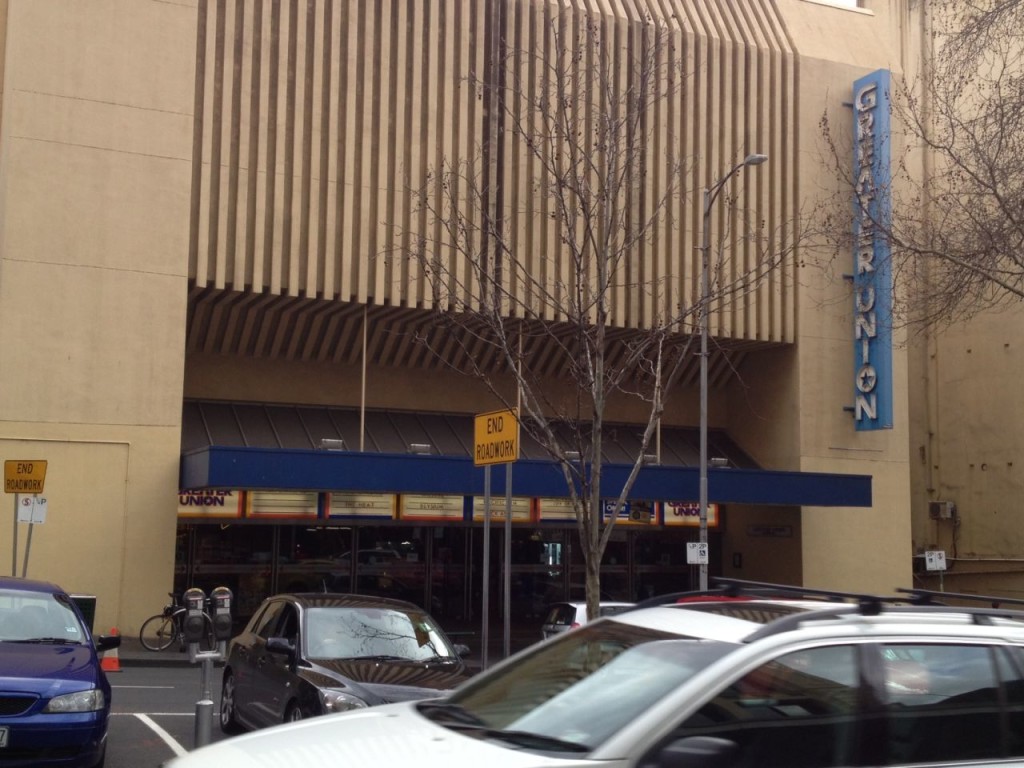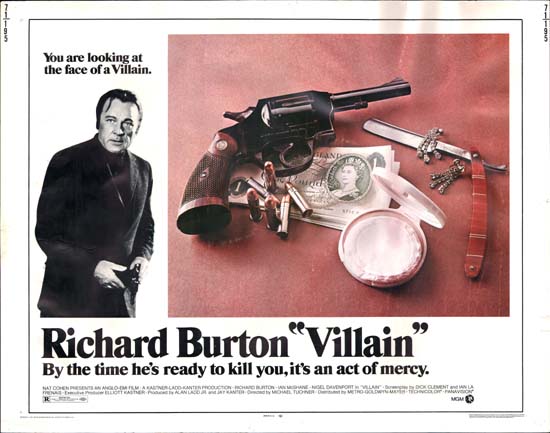 It wasn’t much to look at from the outside, but I loved the former Greater Union Cinema on Russell Street in Melbourne’s CBD.
It wasn’t much to look at from the outside, but I loved the former Greater Union Cinema on Russell Street in Melbourne’s CBD.
The large screens and cavernous interior, the way the floor sloped so no one was directly in front of you, the seventies décor including the burnt orange colouring. Whenever possible, I’d avoid the other city multiplex cinemas and head to Greater Union where I could be assured of getting the place largely to myself.
Which is why its closure last year and looming demolition and replacement with a hotel and apartment complex, while incredibly sad, is no surprise.
Except for during the Melbourne International Film Festival, the Greater Union was nearly always empty. It lacked the passing traffic you got in a shopping complex and looked old and tired, retro but not quite retro enough. It was certainly no Emek, the historic Turkish cinema in Istanbul, which has been the subject of an ongoing local and international campaign ever since plans to demolish it were unveiled in 2012.
As friend and Melbourne film historian Dean Brandum puts it: “I’ll miss Greater Union but what’s amazing is that it held on so long. It used to be hugely popular. When I saw Can’t Stop the Music there in 1980 the queue stretched down Russell Street, into Bourke Street, all the way to Swanston.… Read more























